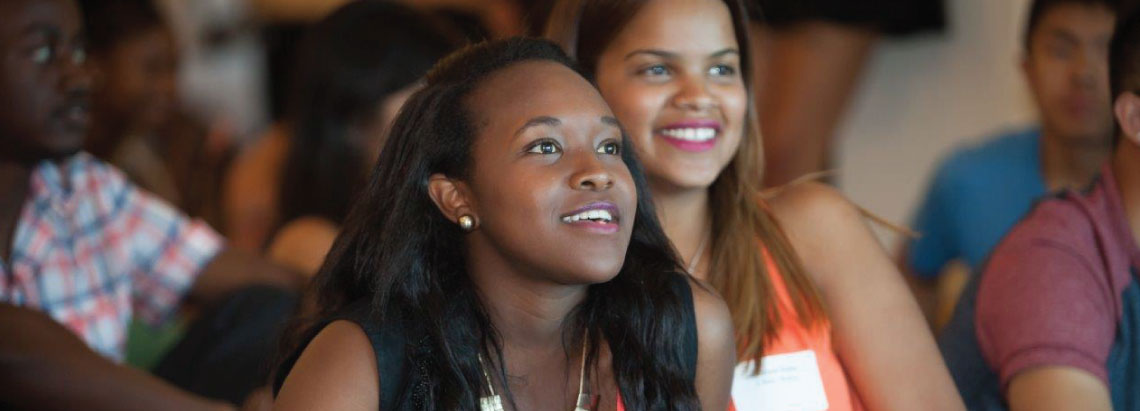Now more than ever, there is an increased demand for college-educated workers. Yet a degree remains elusive for people in under-resourced communities across the US, particularly those living in the inner city. The systems to support these students through high school and while in college are not yet effective at ensuring an acceptable level of completion. Bottom Line has provided critical support and guidance to degree-aspiring students of color from low-income backgrounds since 1997 to address these very challenges.
Bottom Line was founded on the belief that students need a mentor and a guide during the college application process and throughout college to succeed. By providing consistent one-on-one support, Bottom Line Advisors have ensured that thousands of degree-aspiring students had the expert advice and relationship-based support they deserve to select a best-fit, affordable college, complete their degrees, and enter the workforce with minimal debt.
Only 49% of students from low-income backgrounds go to college immediately after high school, compared to 79% of students from high-income backgrounds.
With the college application and financial aid processes becoming increasingly complex and college tuition costs constantly rising, getting into and affording college is a challenge. Students who aspire to be the first in their families to earn a bachelor's degree often have access to even fewer resources. They are more likely to attend high schools that lack advanced coursework and have untenably large student-to-counselor ratios.
Nationally, fewer than 56% of students who enter college intending to earn a bachelor's degree graduate within six years.
There are many financial, academic, and personal reasons why a student may not finish college. Many of these reasons can be addressed and overcome with experienced guidance and personalized mentoring.
By age 24, 77% of students from the top income quartile earn a college degree, while only 9% of students from low-income families reach the same pinnacle.
Students from low-income backgrounds or the first generation of their family to attend college face additional barriers on the path to a college degree. Students from these backgrounds are more likely to:
- Work at least part-time to help support their families
- Care for siblings and family members
- Be academically unprepared for college coursework
- Face financial barriers while they apply to and attend college
- Have fewer resources to rely on for financial aid and emotional support
Over a lifetime, the gap in earning potential between a high school graduate and a college graduate can reach as high as $1,000,000.
- Earning a post-secondary degree enables individuals to compete in a competitive job market.
- Research suggests that a college education can help individuals gain financial autonomy, and live a happy, healthy life.
Bottom Line can increase a student's chances of earning a college degree within 4 years by 23 percentage points.
- All students need a knowledgeable mentor to navigate college and prepare for meaningful, rewarding careers. Bottom Line's one-on-one advising model has been proven to increase college graduation rates in an unprecedented, rigorous, seven-year randomized control trial.

